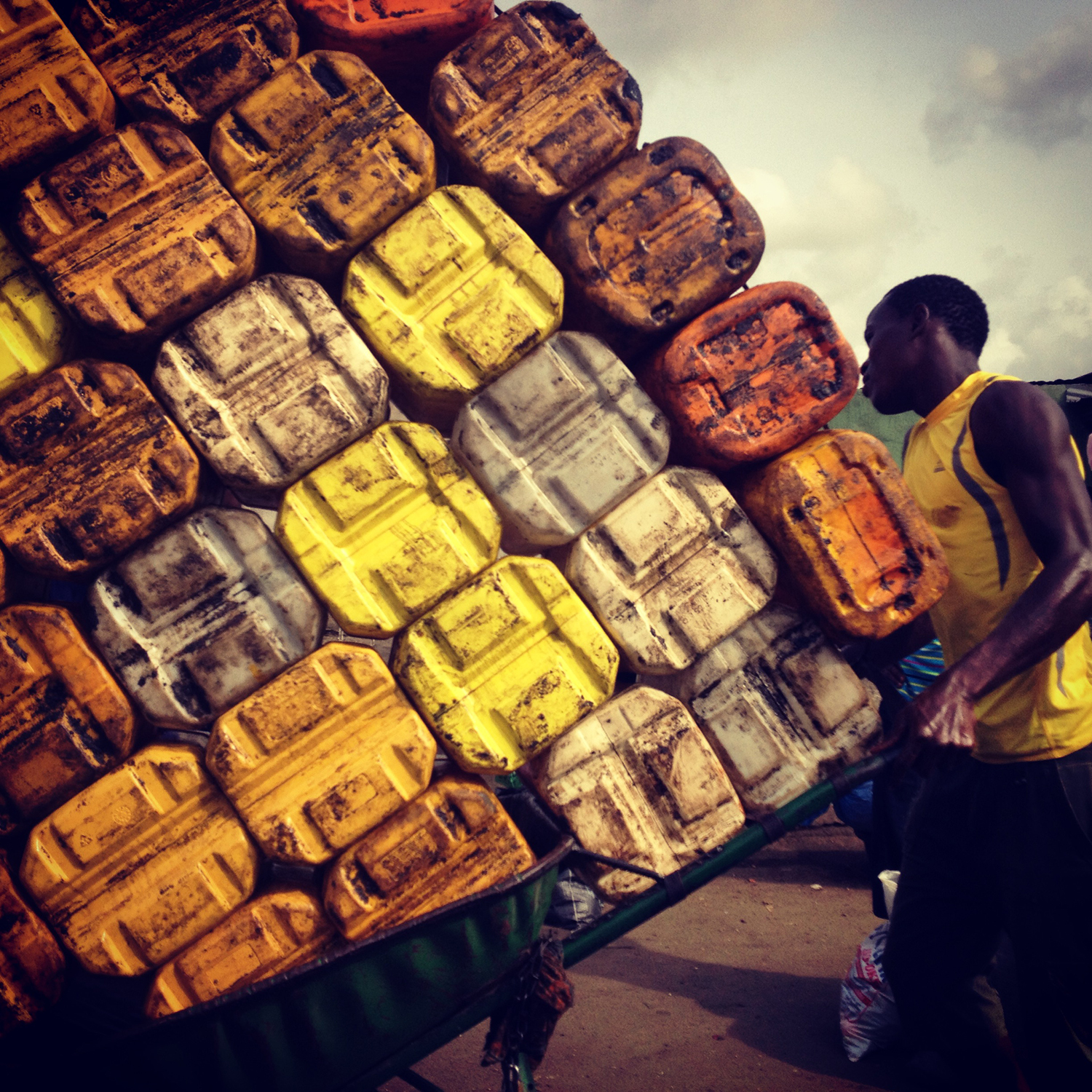
Welcome to this week’s edition of TIME LightBox Follow Friday, a series where we feature the work of photographers using Instagram in new, interesting and engaging ways. Each week we will introduce you to the person behind the feed through his or her pictures and an interview with the photographer.
This week on #LightBoxFF, we speak to Lagos-based photographer Andrew Esiebo, (@andrewesiebo) whose colorful and honest images provide a window into the daily life of West Africa. His visual diary on Instagram spans from portraits of motorcycle taxi drivers to lavish Lagos nightclubs and local scrap metal dealers making ends meet. Instagram, he says, offers a new future for African photographers to show their work to the world without conforming to Western media ideals.
LightBox: How are you using Instagram now and how has it become part of your professional workflow?
Andrew Esiebo: I use Instagram to document and display moments or events of daily life that somehow capture my attention. The iPhone has enabled me to be somewhat camouflaged in the urban landscape while doing street photography, especially in Lagos where photographing in public is not well tolerated. Also, I don’t want to be moving around with my DSLR camera all the time, especially when I am not on assignment or developing my personal projects. Therefore the use of my iPhone and Instagram have become a convenient and intimate complement to my professional practice as a visual storyteller.
LightBox: What is the purpose of your Instagram feed? What does Instagram provide for you professionally or creatively that other platforms don’t?
AE: Instagram can be seen as an extension of my professional practice of telling stories through photography; providing me the opportunity to reflect, capture, and publish images of nuances that sometimes don’t especially fit into my professional projects. In fact, some collections of feeds have inspired me to develop particular issues into new projects. For example, I have started a new series on commercial motorbikes after seeing the reactions to my series on Instagram. The viewers highlighted the motorbike riders’ fashion sense and also encouraged me to continue with that particular series. Now, this is also a project that I am planning to continue beyond the use of Instagram. Another thing that I find interesting on Instagram is the ability to enhance and change the picture format before publishing it, something that has broadened my thought process of composition and framing.
Dec. 20, 2013. Okada swag series
LightBox: I know that, being a photographer in Africa, there often aren’t many opportunities for you to show your work to people around the world. How has Instagram changed this?
AE: The Internet and the use of platforms like Instagram has been a great revolution since it allows me to show my photographs to a wider global audience. In the past, my pictures were mainly shown in magazines, newspapers or books – media that are still largely controlled by the west, since here in Nigeria or even in Africa we are scarce of outlets that support the good use of photography in their publications. However, I have to mention that still today we, African photographers, often have to fulfill the West’s preconceived ideas of our continent in order to be published internationally. This is something I don’t find particularly refreshing and many times conflicts with my own sensibilities. Today, with the use of platforms like Instagram, we can circumvent the traditional gatekeepers and we can publish immediately our images, which somehow makes us feel more empowered and closer to the audience, especially when we can get immediate feedback.
LightBox: How has your use and understanding of Instagram changed since your first post?
AE: I started exploring Instagram when I was invited to be part of the Everyday Africa Project in 2013. This is a social media based project, where photographers across the continent use mobile phones in an attempt to provide a more accurate understanding of the daily life experience of the majority of Africans. Before that project, I considered Instagram as a mere platform for sharing pictures among friends and families or for socializing. This project made me recognize the potential of using it as a platform for professional and critical visual narratives. Feedback from photographs posted on the project have generated several exciting and critical conversations about the stereotypical representation of the African continent. I believe that platforms like Instagram can be very useful on the global discourse of Africa and even in the development of the continent.
LightBox: Which picture on your Instagram inspired the most audience feedback and engagement through likes or comments?
AE: This is a difficult question for me, because a lot of the feedback I’ve received has been truly inspiring. But, there is one that is still stuck in my mind; a picture taken at Lakka beach in Freetown, Sierra Leone, that shows a little boy having a nap with his playing wheel. One of the comments that heartened me was, and I can quote: “Childhood, with his honesty, simplicity and innocence.”
Mar. 6, 2014. Nappy at Lakka beach, Freetown.
LightBox: When did you hit your stride on Instagram? Was there a moment or project that changed your perspective?
AE: I think that happened when some of my Instagram posts were published last year in a special issue about the city of Lagos in Courrier International, a French international magazine. The usage of my Instagram pictures in this magazine reinforces the notion that photography is not about the tools but much more about the content and context of the photograph.
LightBox: Pictures from Africa can often be unfairly stereotyped as showing poverty or poor conditions. Do you see people reacting like this to your photos on Instagram or do you feel that your pictures show a new perspective on a well developed Nigeria and on West Africa from an insider view?
AE: I believe that my photographs are a clear reflection of my own vision of the daily realities of the country and the continent where I live in. These are images that until now have not been allowed to pass through the traditional gatekeepers of international media. Thanks to new digital platforms like Instagram and other image sharing apps, some of these trapped daily realities are becoming more visible.
Andrew Esiebo is a Nigerian photographer based in Lagos. Follow him on Instagram @andrewesiebo.
Marisa Schwartz is an Associate Photo Editor for TIME.com
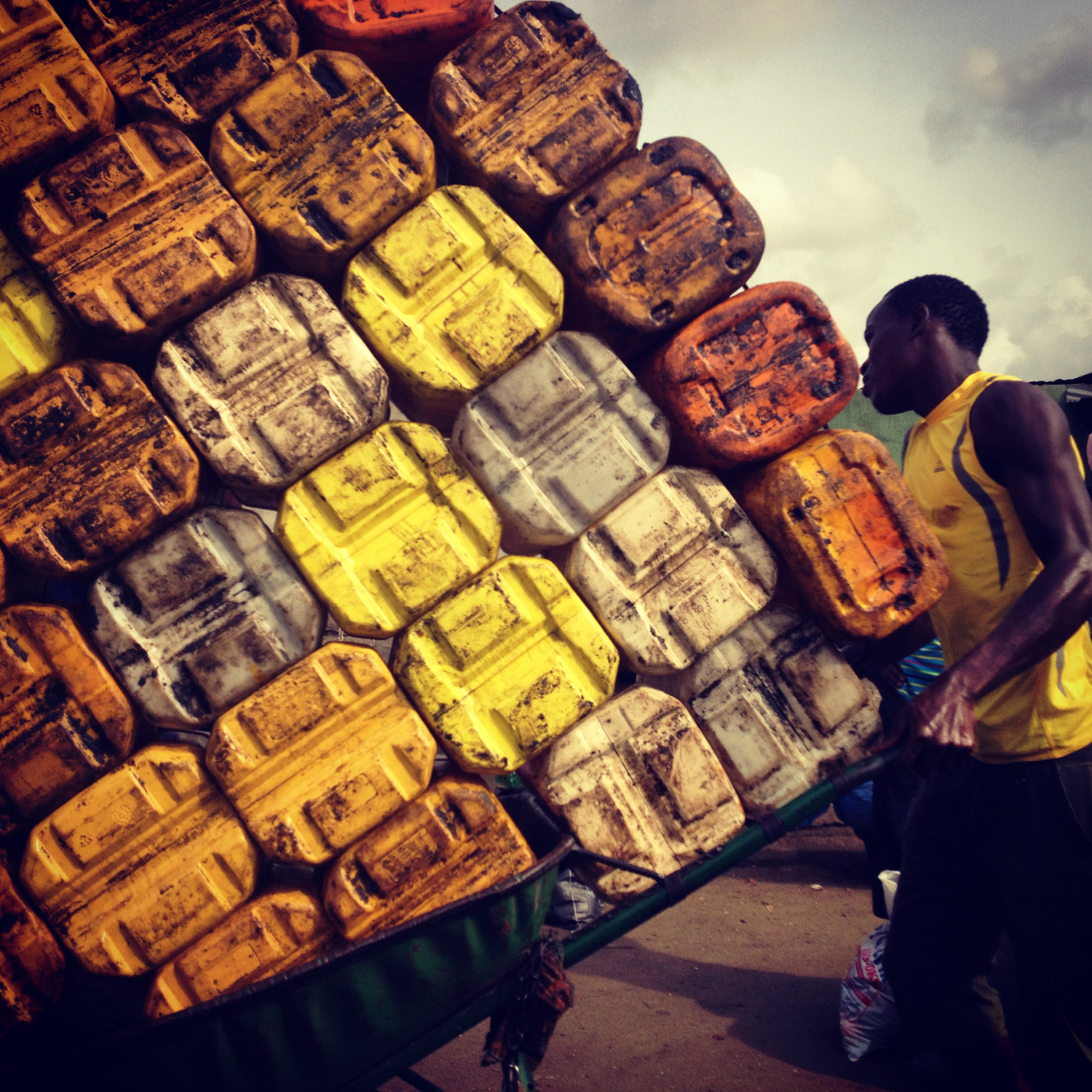
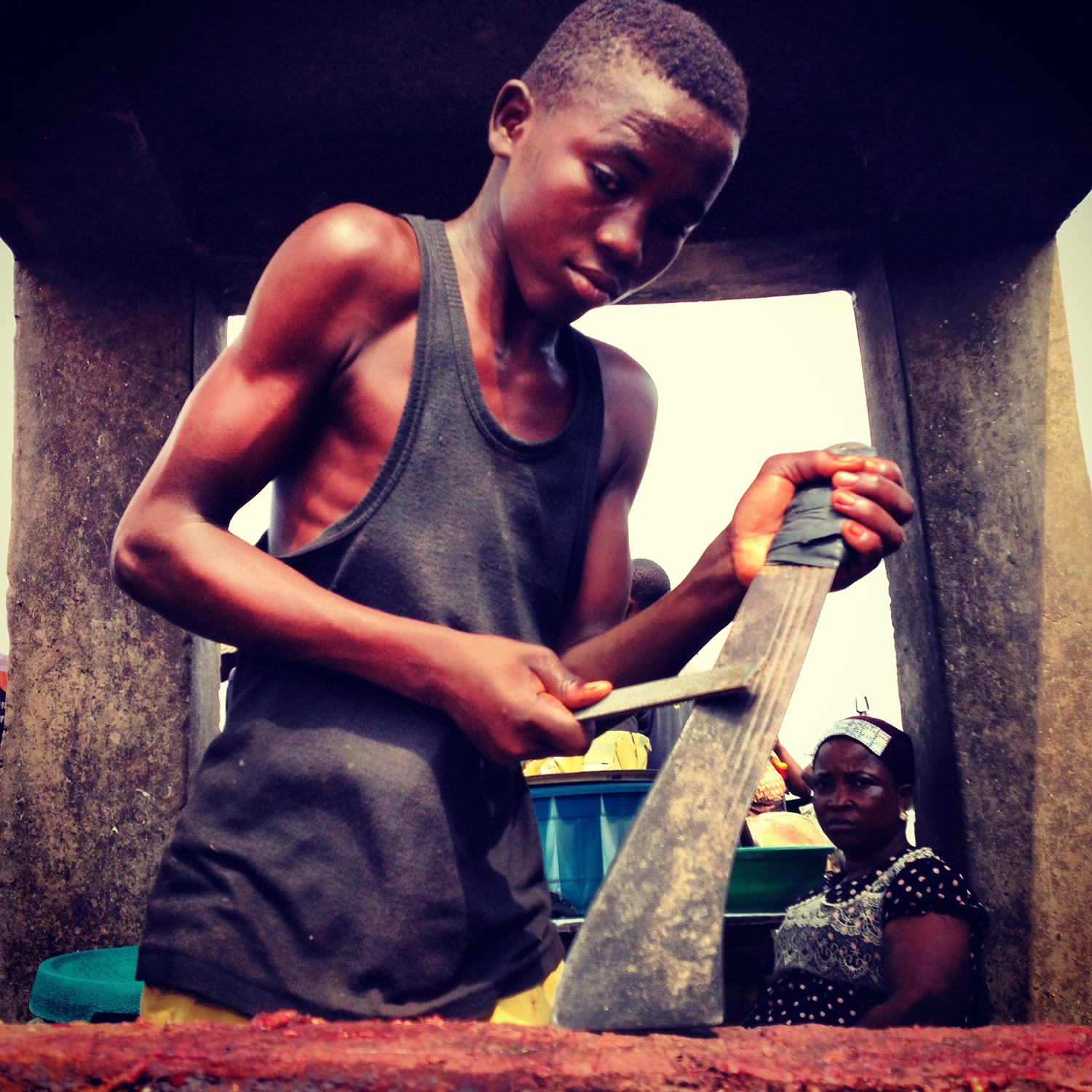
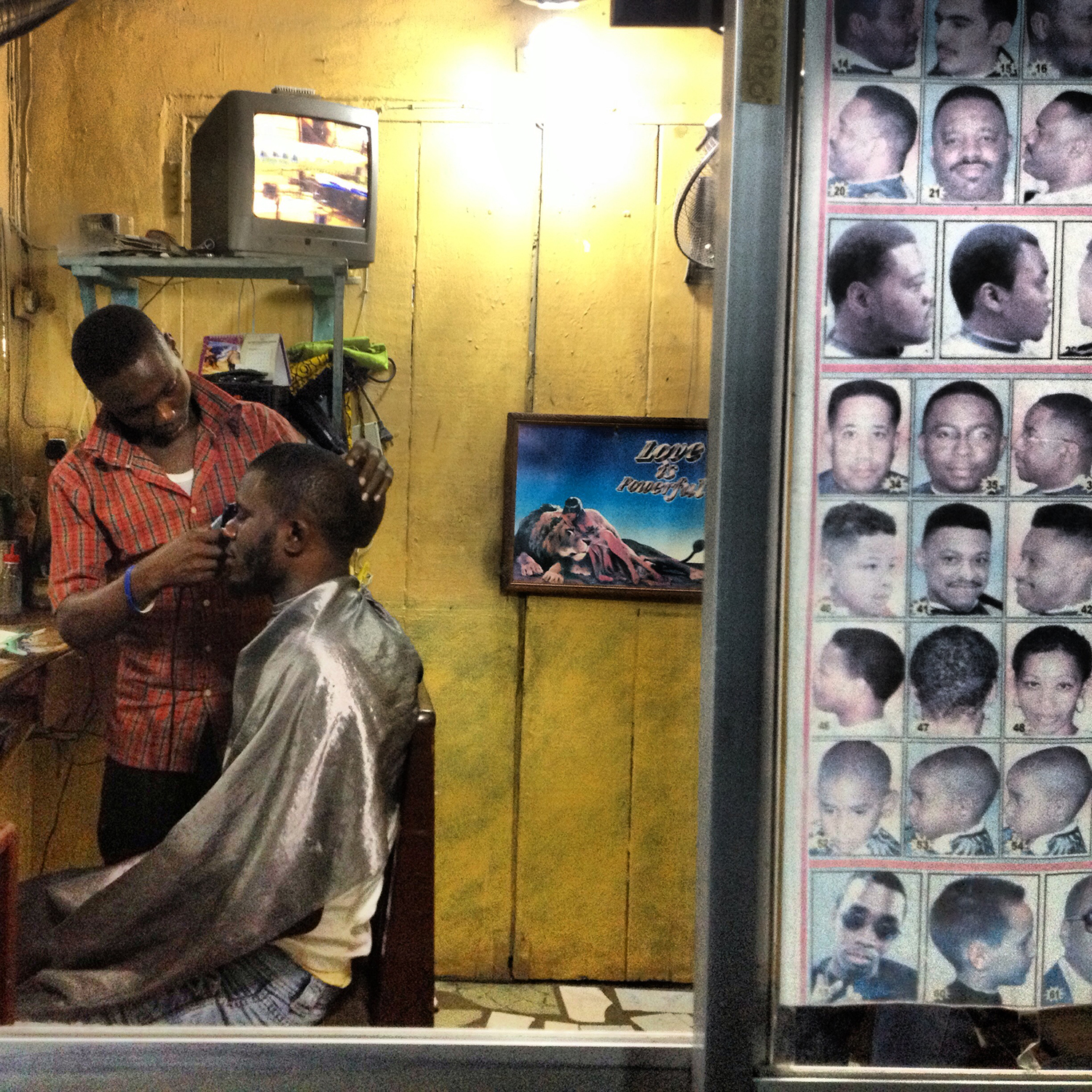


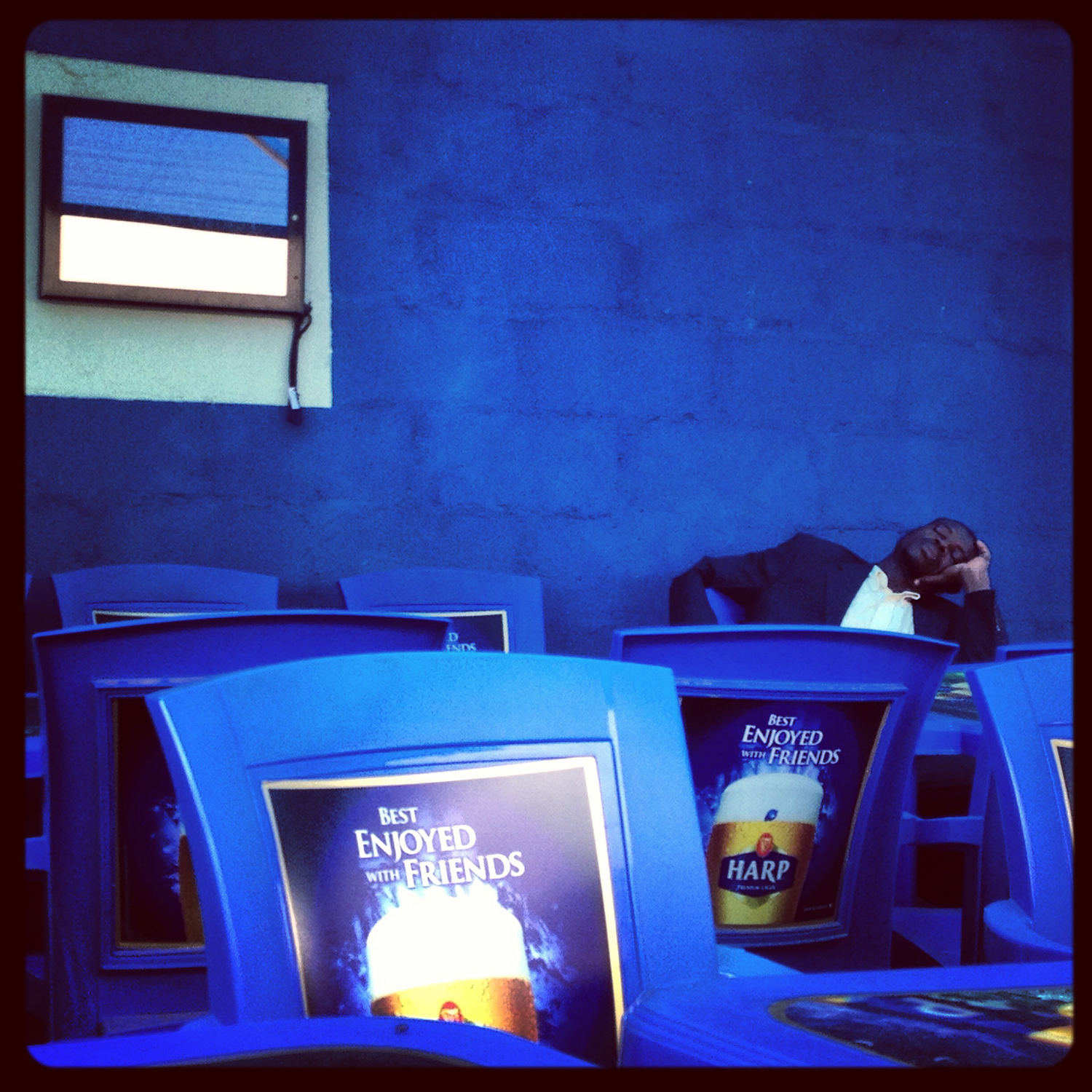
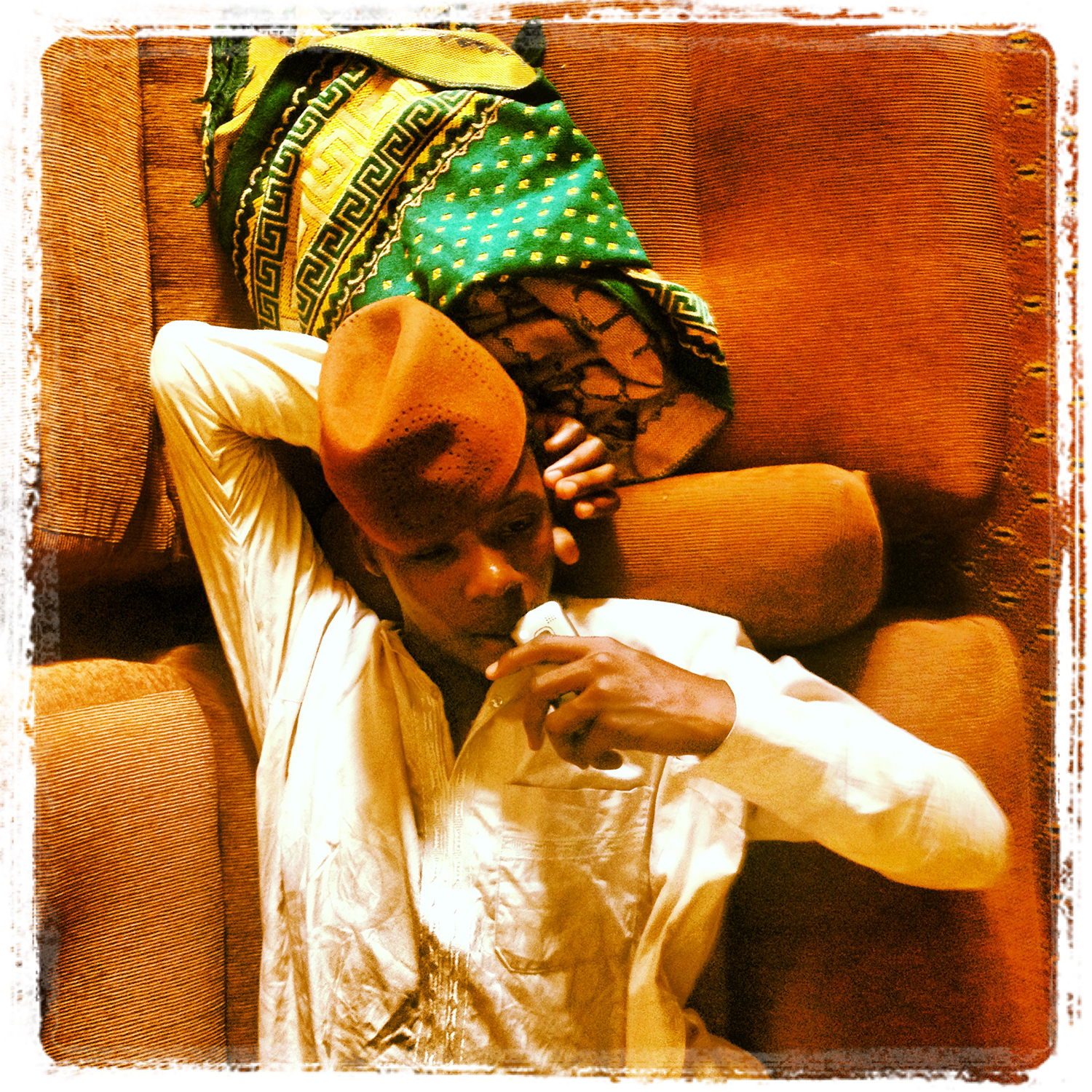
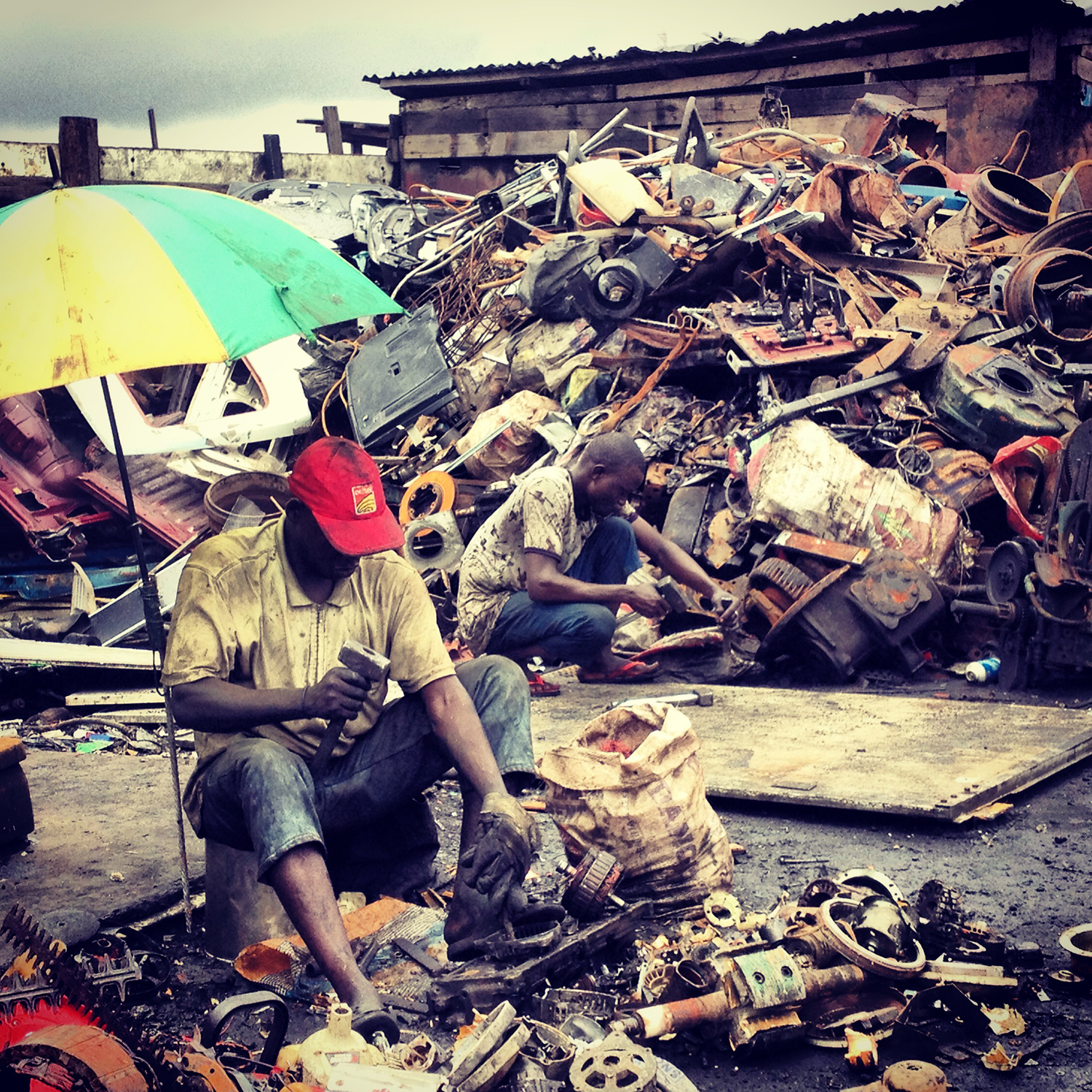
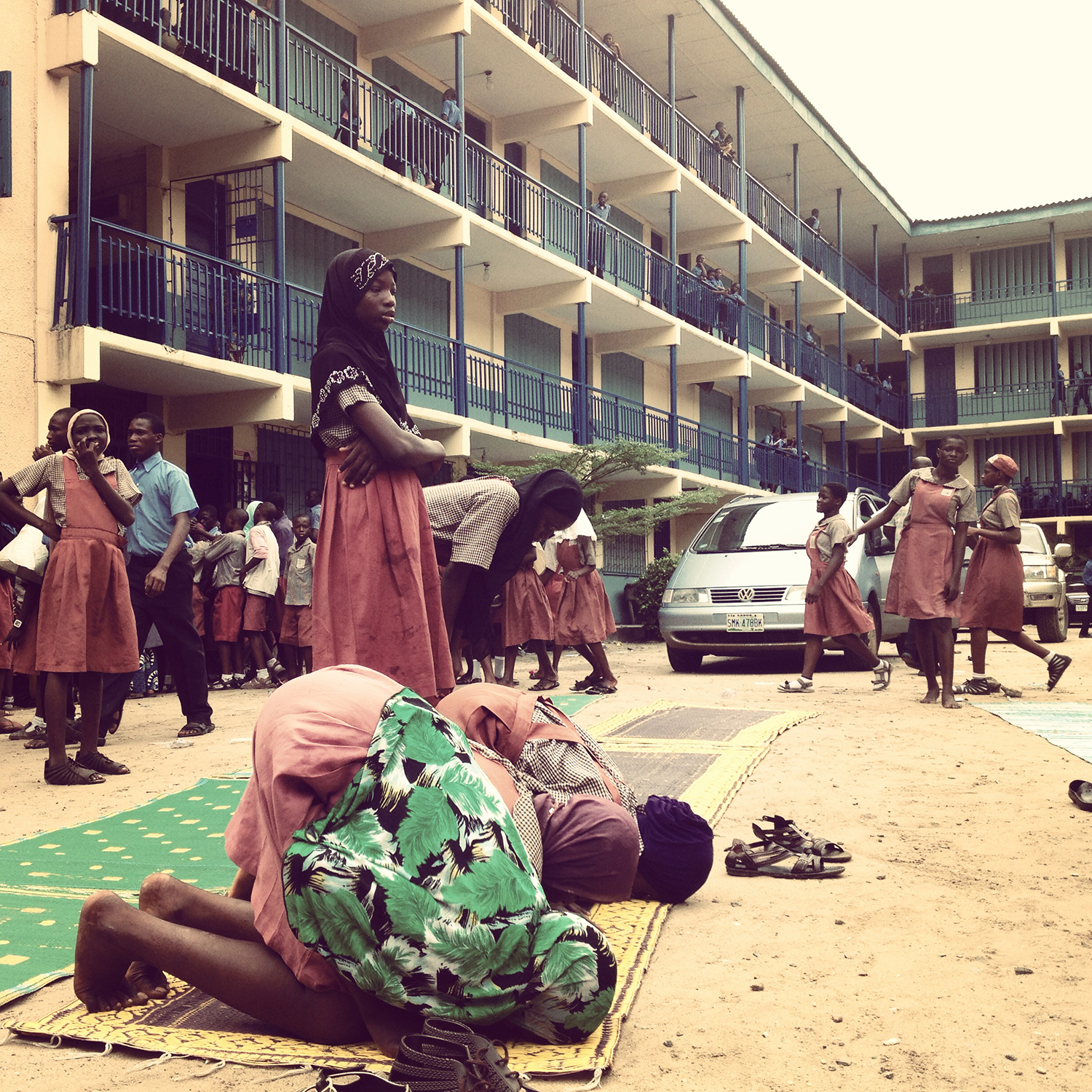

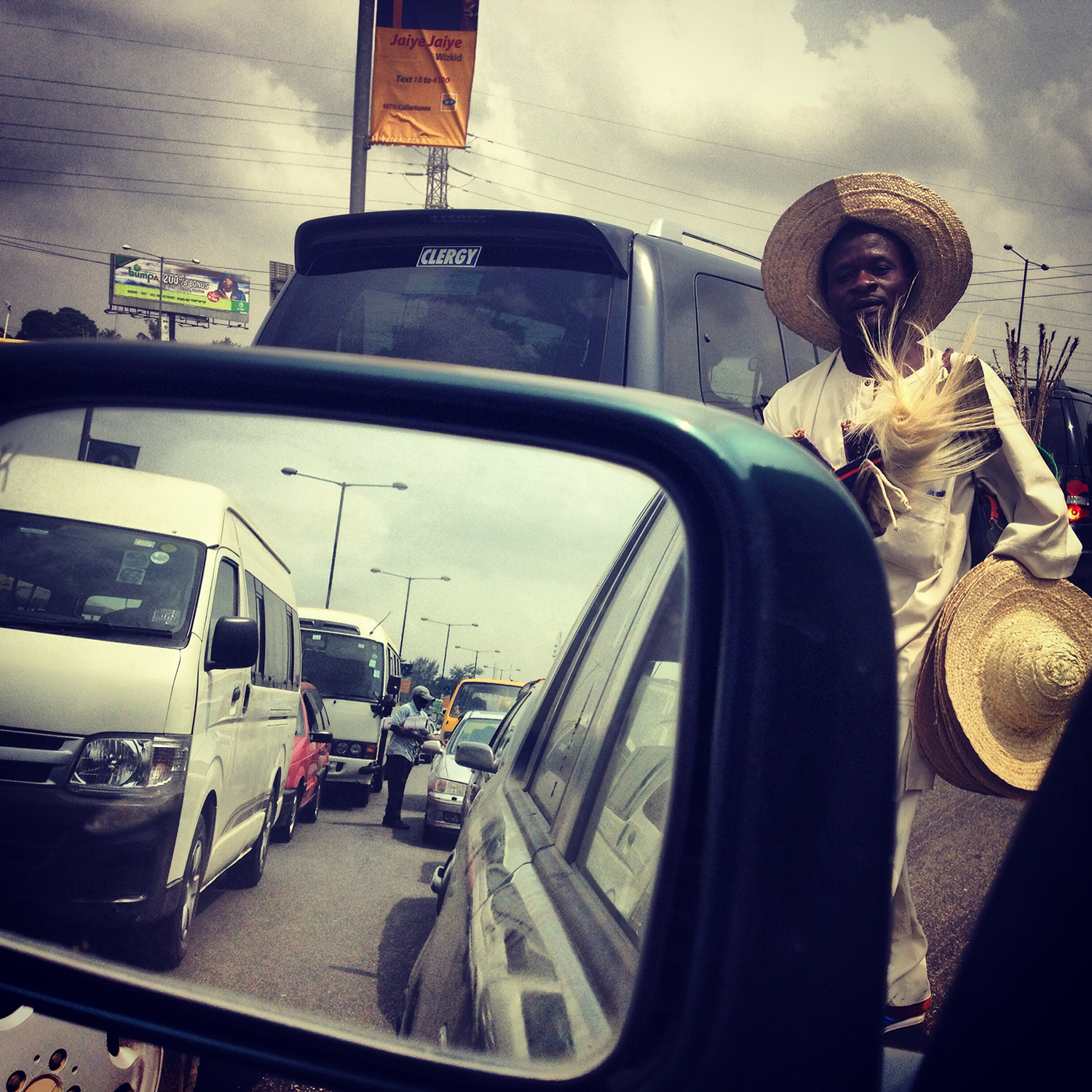
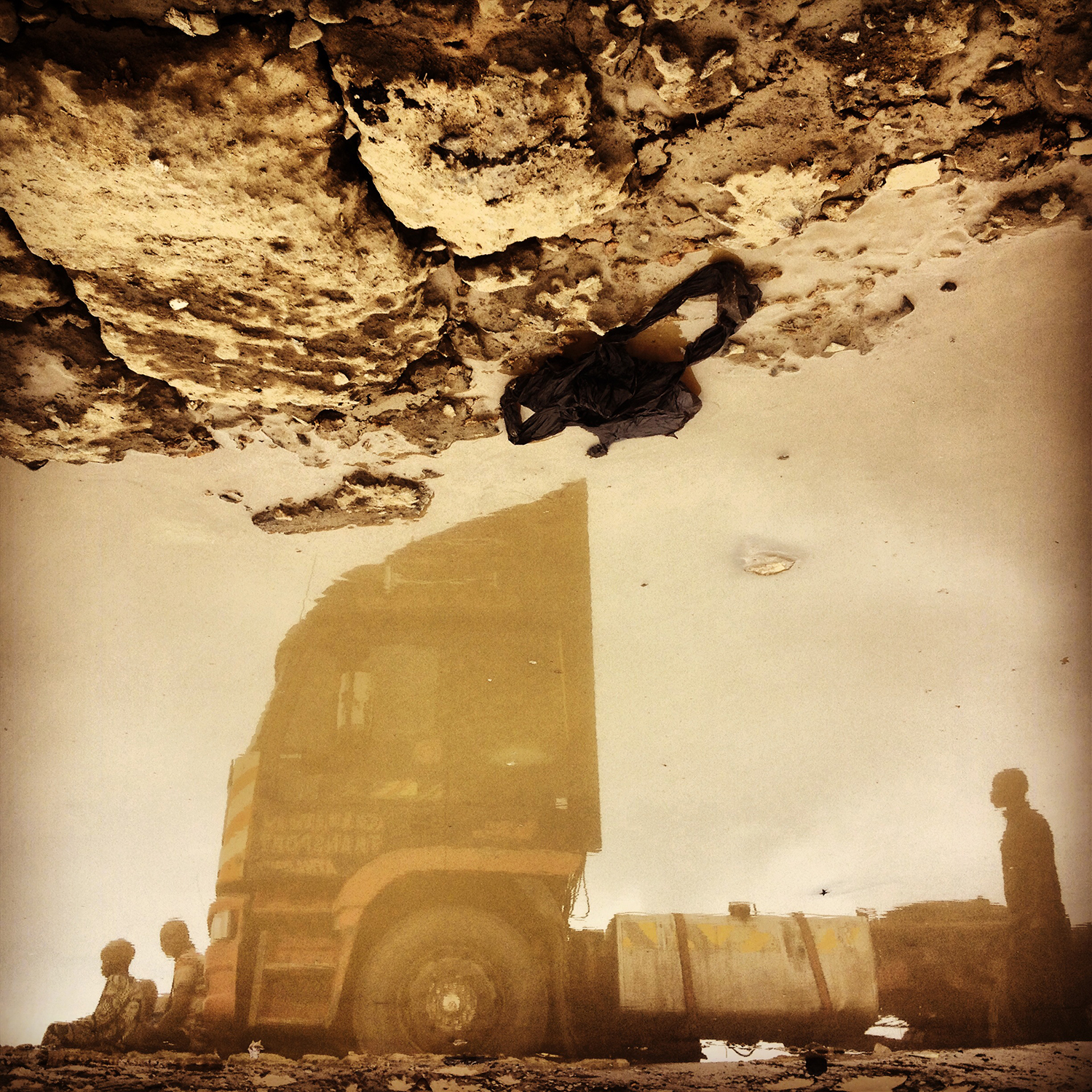
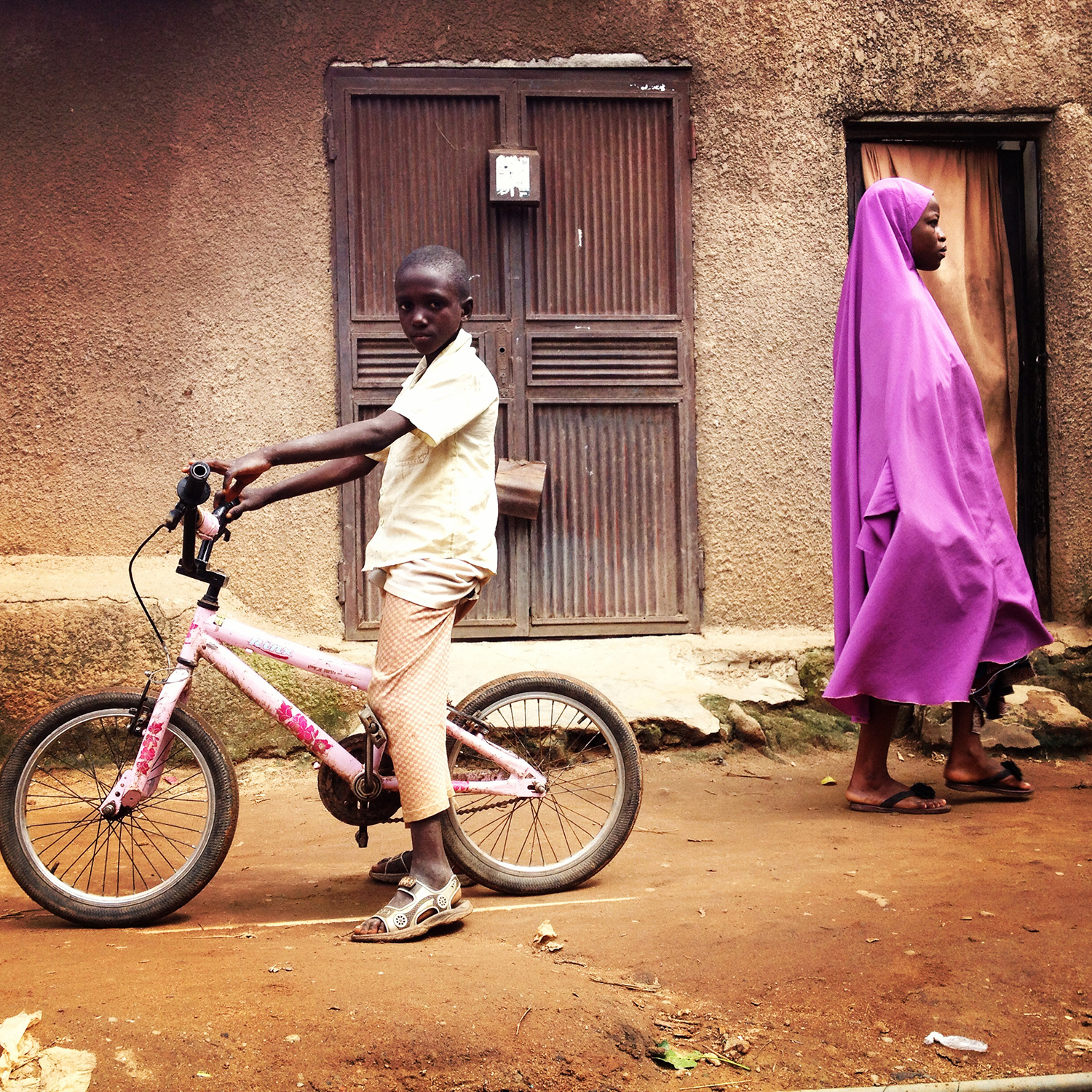
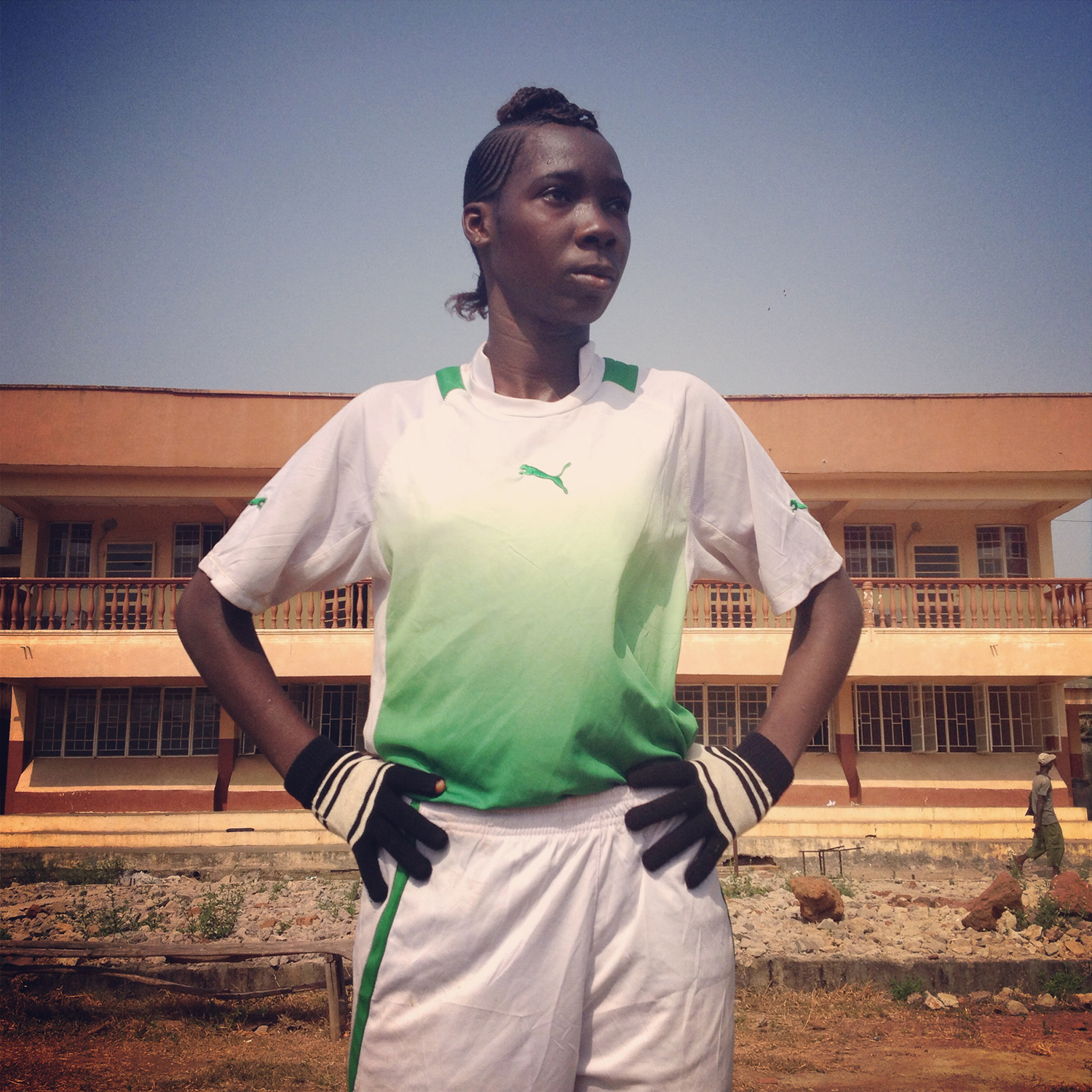
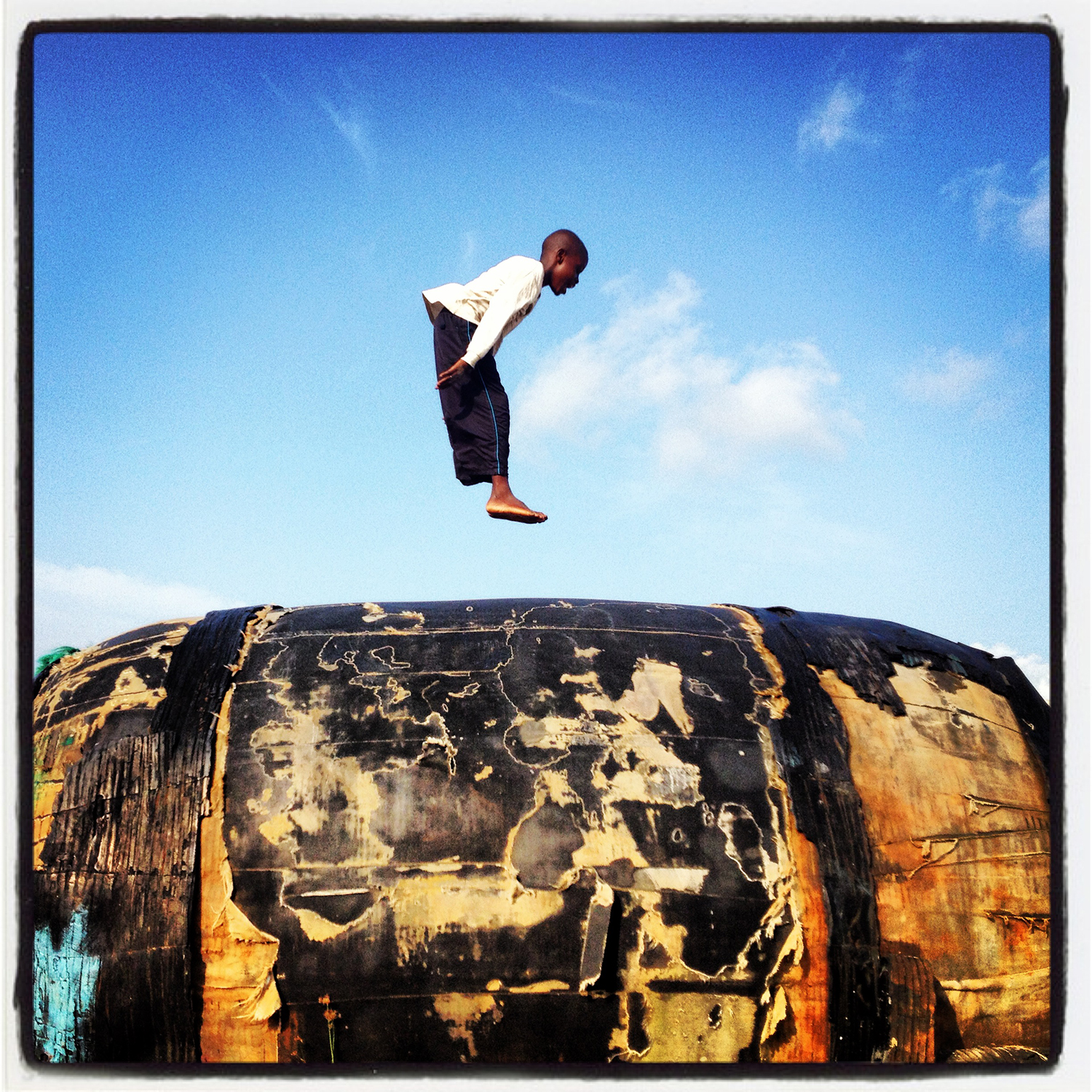
More Must-Reads from TIME
- Donald Trump Is TIME's 2024 Person of the Year
- Why We Chose Trump as Person of the Year
- Is Intermittent Fasting Good or Bad for You?
- The 100 Must-Read Books of 2024
- The 20 Best Christmas TV Episodes
- Column: If Optimism Feels Ridiculous Now, Try Hope
- The Future of Climate Action Is Trade Policy
- Merle Bombardieri Is Helping People Make the Baby Decision
Contact us at letters@time.com